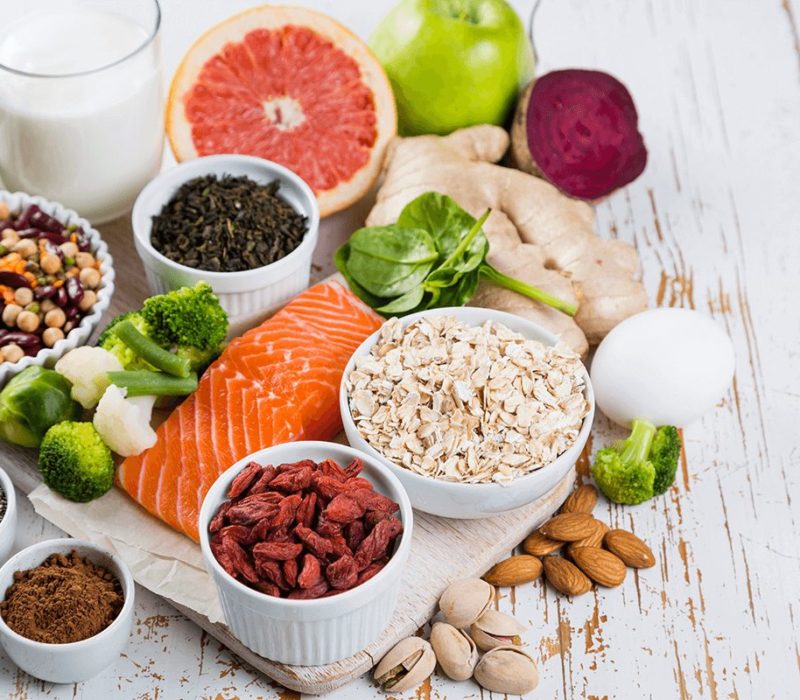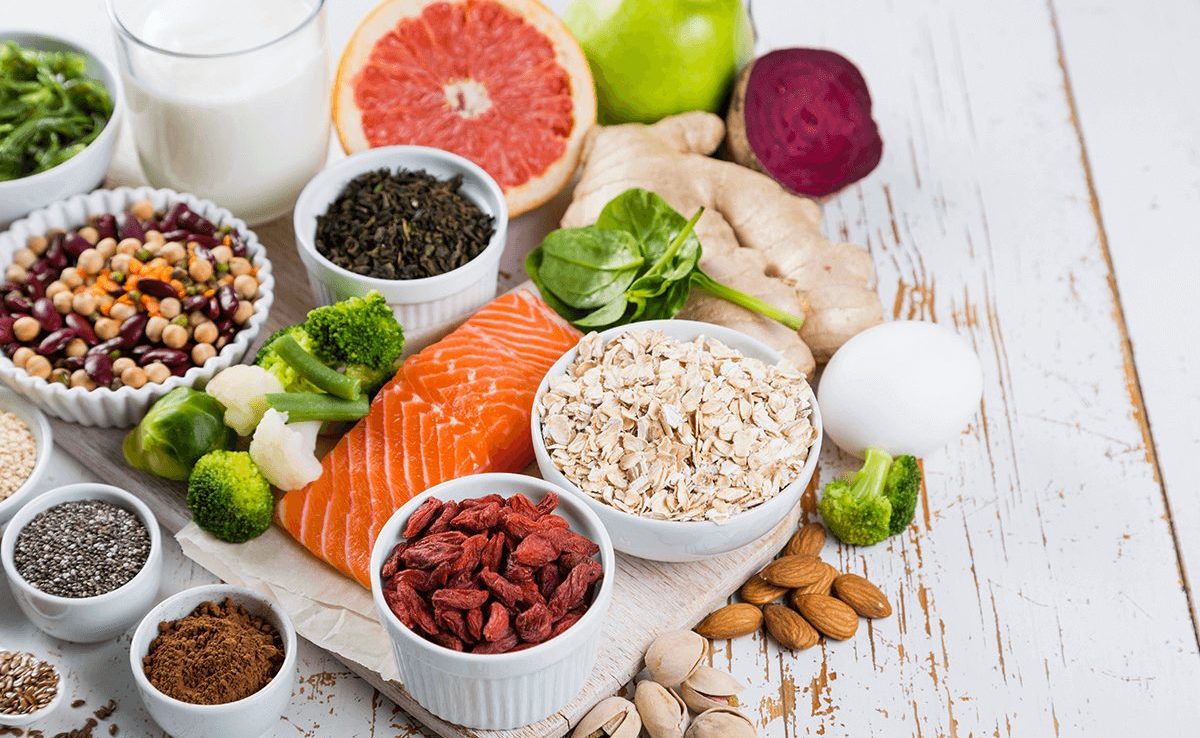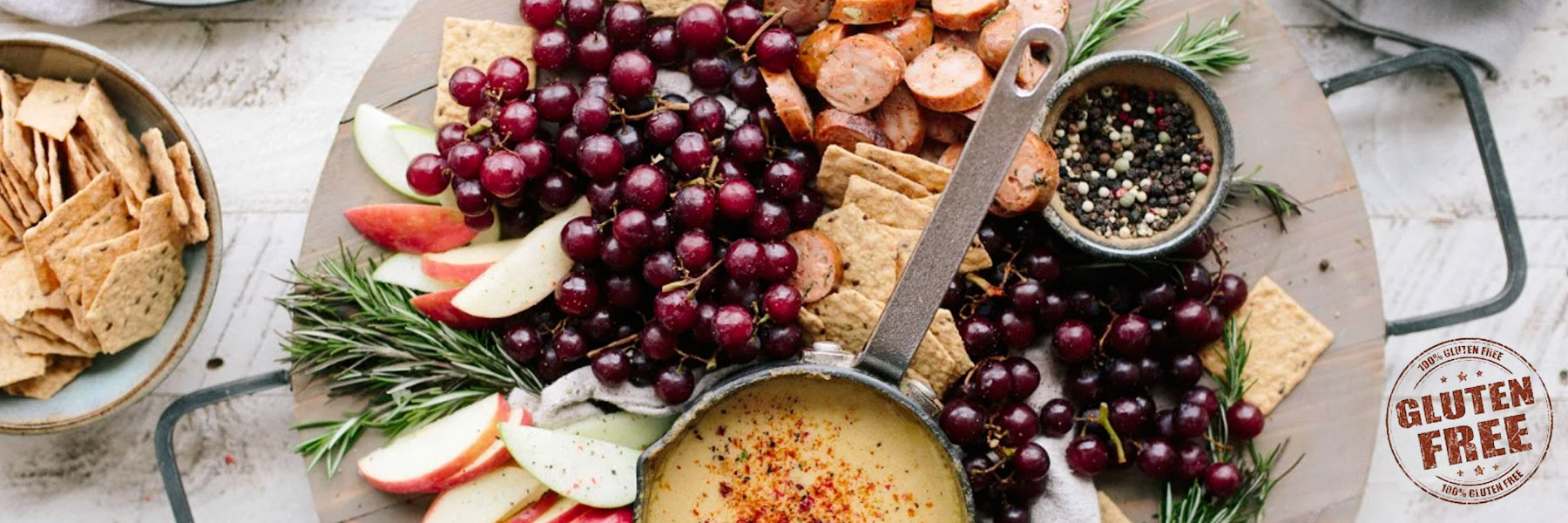5 Tips to Going Gluten-Free With Your Supplement Contract Manufacturer
With the gluten-free products trend becoming increasingly popular, learn how you can start to optimize your brand with safe, certified, gluten-free supplement products.
—
Gluten-free is a major health and food trend that is growing in western cultures, and success in this fast-growing market is determined diligence and often extreme attention to detail concerning the health risks gluten poses to the gluten-intolerant population.
The National Center for Biotechnology Information (NCBI) states that about 1% of the population has celiac disease.
Celiac disease is an autoimmune disorder that triggers an immune system response to the presence of gluten in the diet. The presence of gluten in a person with a celiac causes the white blood cells to attack the lining of the small intestine, which causes pain, discomfort, and physical damage. Gone untreated, side effects can include digestive issues, nutritional deficiencies, weight loss and fatigue.
Celiac disease is the most extreme case of gluten intolerance, and those affected must avoid gluten. There are another 6% of people in the US that have wheat allergies who should avoid gluten.
But there is a much larger subset of the population who choose options free of gluten on their own volition, and this industry is expected to be a $7.6 billion dollar industry in 2020.
Although health experts say they do not recommend going completely free of gluten unless you suffer from a celiac disease or another form of gluten or wheat allergy. A large subset (13%) of young adults believe (along with non-GMO, organic, local, and non-processed foods) gluten-free foods are inherently healthier, so it’s clear that it’s here to stay.
Below are some of the guidelines to think about when looking for a supplement contract manufacturing business to produce gluten-free options for your brand.
1. Cleanliness is key
For people with celiac disease and for those who are highly sensitive to gluten, even the smallest amounts can cause a reaction.
- Dedicated areas of a facility to store, handle and prepare gluten-free ingredients to avoid cross contamination and include a systematic program for labelling
- Development of strict protocols for equipment and facility sanitization, including the use of strong dust collection systems to remove airborne particles from the environment
- Established strict policies for employees to wear clean garments before working on a gluten-free production line
2. Consider allergen free products
People who are gluten intolerant or gluten sensitive can often have other food allergies, especially to soy and dairy.
With people more rigorously checking the labels in supermarkets looking for options that suit their recommended or chosen diets, there’s considerable market advantage to creating allergen free options.
3. Vendor relationships
Sourcing ingredients is one of the most important aspects to the contract supplement manufacturing business and it’s not uncommon for cross-contamination to occur from sourcing because gluten-free ingredients are often processed in the same plant as other wheat or gluten-containing ingredients.
Working with suppliers who have a rigid quality assurance program, especially for ingredients that are said to be free of gluten is critical. Reputable suppliers have specific methods they use to prevent cross-contamination, test regularly and vigorously, and have certification for testing and QA. It’s always best to stay as close to the original source of the ingredients as possible.
4. Ensure you get quality tested
Once the ingredients arrive at your contract manufacturer facility, it’s important that they’re re-tested to ensure they live up to the quality standards guaranteed by your supplier.
Since the FDA has strict labeling regulations to certify products that are “gluten free,” it means testing is more important now than ever. Use on-site test kits and test surfaces before production begins, and finished products after production and send products to third-party labs as part of your rigorous testing routine.
5. Get gluten-free certified
The best options are sometimes always the most expensive options as are the case with a gluten-free certification. There are a lot of different programs and each one has different standards and tests for different levels of gluten.
Since packaged goods that are gluten-free is only proving to be on an upward trend, the certification is worth the price.
[Plug for PR gluten certification here]
Want to learn more about how Protein Research can solve your needs for high quality nutraceuticals, functional foods and dietary supplements that are gluten free certified to your brand? Contact us and get a quote today.
Gluten-Free Nutraceuticals, Functional Foods & Dietary Supplement Categories


Natural Food Products
Natural food products are a trend that continues to grow at an astounding rate. Consumers expect the products that they use to be non-GMO and Certified Organic and void of artificial ingredients and preservatives.


Superfood Products
The benefits of superfoods have been known for quite a long time, but the reality is these so-called “superfoods” don’t necessarily have superpowers.

